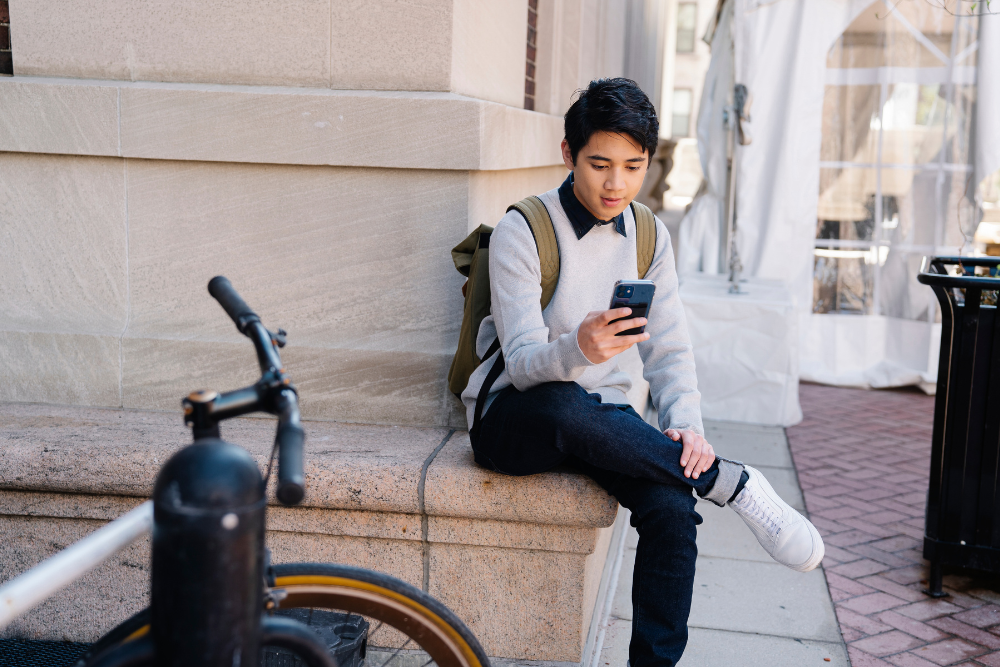The study from the University of South Australia shows that social media use has soared amongst Australian children and teens – at the expense of participation in highly beneficial activities such as reading, music and sport.
The cohort study of over 14,000 children and teenagers in South Australia found that social media use among children and teens had risen by more than 200 per cent since before the COVID-19 pandemic.
The report found that everyday use of social media increased from 26% in 2019 to 85% in 2022.
Findings also correlated with other recent studies that showed that children and young people’s participation in reading had declined – with this report indicating that numbers of South Australian teens who never read for fun has increased from 10.8% in 2019 to 52.6% in 2022. That’s a substantial increase on other data sets, including the Deakin University Discovering a Good Read report which shows the percentage of non-reading teens at around 29%.
Overall, female students spent more time on social media than males, while males experienced a more pronounced decline in reading.
The results are concerning because, as the researchers state, “how youths use their after-school time plays a crucial role in their development.”
Recreational reading has proven benefits for mental and physical wellbeing – reducing stress, assisting with sleep, and lowering the risk of anxiety and depression. It also has significant cognitive and developmental benefits, including increased language exposure and literacy skills, emotional competence, and academic achievement.
Reading is grouped alongside participation in activities like sports and music which “provide opportunities to acquire new skills, form friendships, and explore interests, thereby supporting mental and social development.”
In contrast, participation in social media use or television viewing may pose developmental risks, according to the report: “When screen-based leisure dominates after-school hours, youths typically engage in less physical activity and experience poorer mental health and well-being.”
These findings are significant in the lead-up to the Australian Government imposed social media ban for under 16s, and an opportunity to see a re-engagement with reading and other leisure activities for children and teens.
So what can we do to encourage this shift?
From supporting children’s reading choices, to modelling reading in our schools and homes – read our top tips here.

